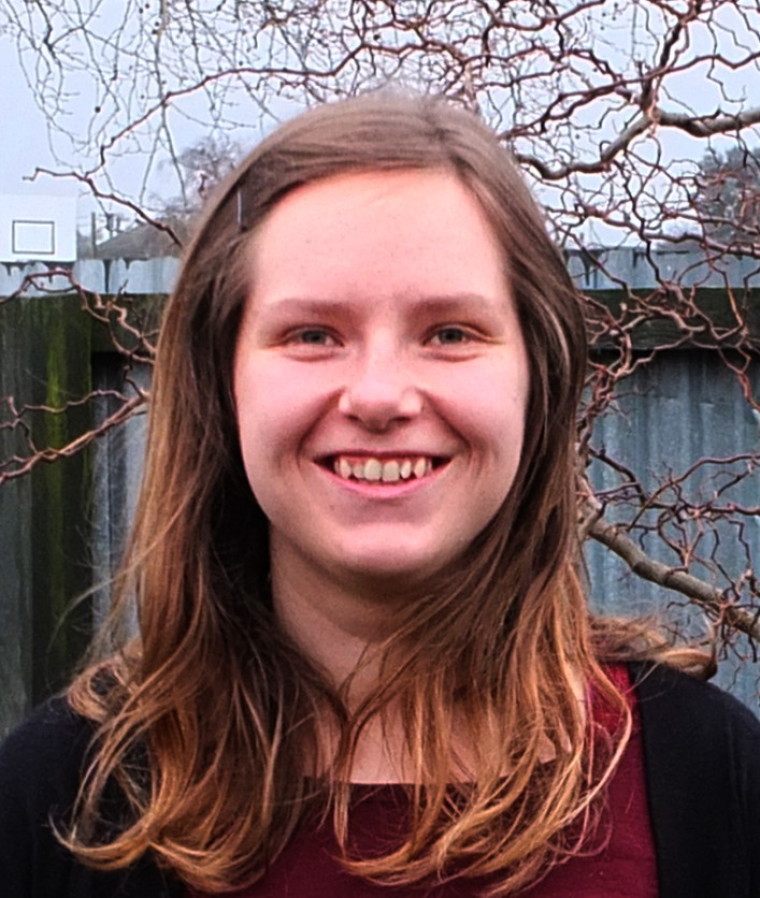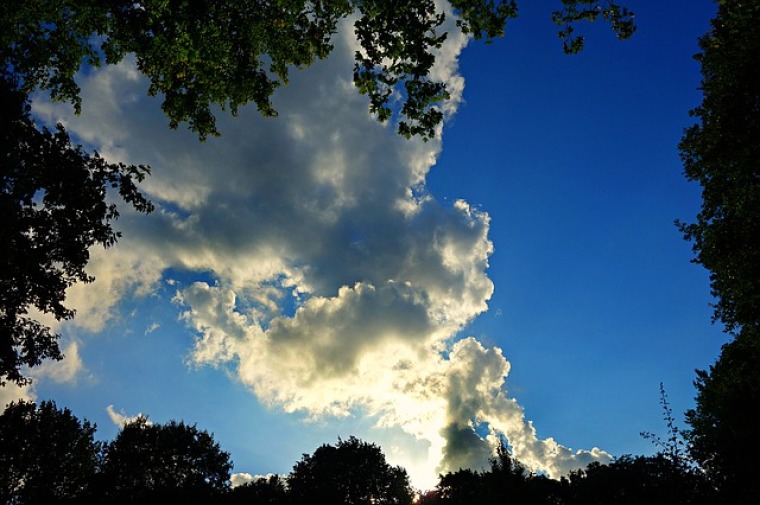

Fatness is a thing alternatively shamed and embraced by our culture. It is a state of being that inevitably influences our lives and the way people interact with us.
I find it a rather peculiar thing to think about.
On the surface of it one might ask, Why all the fuss? Bodies come in all shapes and sizes and the shape or size does not well represent the personality and life of the individual.
Maybe it's not even on your radar as something to think about. On the other hand, it could be your major struggle. For me, fatness is a state and a fight that I've known for a lifetime. As an insider I think I've got a few lessons that we can learn.
Comfort food is not your friend
It was in the last few years of primary school that I started to hear a few prodding remarks. (It didn't help that I had glasses.) Things were said only occasionally and usually meant innocently enough—from little kids being mean, not necessarily realising what they were saying. But little could they know that my life was already a mess.
I was born and raised in the Exclusive Brethren. The years were unsteady and full of hardship even as early as kindergarten. My parents were on-again off-again; fine, fighting or absent. They were sometimes the life of the party and sometimes shunned by the community—but mostly shunned. Money was often tight, alcohol abundant and a parent considering suicide was not unknown.
There were times when my extended family would have nothing to do with us. Once the only person I wanted to come to my birthday was my Uncle Rob. I really, really, really wanted him to be there. He couldn't come. I cried when Dad and Mum told me. I didn't understand.
As the oldest child, though young, the effects hit me hard. How can a kid know how to deal with such things? Well, I modelled those around me and ate food: the one, constant, always there and always delicious remedy. I ate up all my emotions.
In my distress I turned to the things I could control for reassurance. I didn't realise for a long time that food is a faithless friend, its sweet temptations not to be trusted.
Don't be silent, say something
By intermediate school I felt, looked and was enormous.
I couldn't think clearly about how I had got to that point. In fact, there was so much going on at home that I didn't even have the space to. Mum had been excommunicated, we were proceeding through family court and Grandpa was dying. My brain could only fit so much and nobody had really ever said anything to me anyway, apart from the odd bully who joked and mocked.
Of course I was totally responsible for my weight situation, each one is accountable for their own life, but I lamented my isolation and felt keenly the lack of someone to stop me and say, there is a better way.
Created things are cruel comforts
And when no one was there food always was. A cookie could never abandon me. No milo would ever betray me. More peas at dinner were healthy, right?
But the trouble with things like food (or alcohol or drugs or sex or shopping or education or anything created) is that they are cruel comforts. They never actually can satisfy our cravings for well-being, security and relief. They offer temporary hope, perhaps only at a subconscious level. Then they leave us worse off than before—the emptiness inside still gaping.
I was never abandoned or betrayed by food but too much of even a good thing (like peas) led to destruction.
Sin has consequences
My fatness began to feel like a trap. I thought, this is not me, how do I get out?
But when I looked around I could find no exit and life did not get easier as I grew older. There seemed only darkness.
At this point I realised that the seeming press of darkness was real, not just supposed. A dark heart can produce only dark things and these were all too apparent in my life. I realised that I was reaping the fruit of what I had sown.
My sin had consequences. I just had to look at myself in the mirror: my idolatry and gluttony had resulted in me, a teenaged girl, weighing more than 120kgs—and not much of this was muscle mass!
I learned the hard way the hard truth of humanity's innate corruption. I had taken something as good and simple as food and made it a god. My body bore the mark of my sin.
And there I found hope.
The Bread of Life
The cruel consolation of comfort food had born horrible consequences in my life but the hope I found put everything in perspective. I had wanted food to save me—from despair, loneliness, uncertainty and an ever-yearning, never-satisfied heart (ridiculous, I know). I was looking in the wrong place.
It is God alone who saves and His salvation is glorious! It is full and free; totally satisfying, never failing and for anyone who believes in Jesus Christ.
Everyone who looks to Jesus and believes in Him shall have eternal life.
Comfort food is not a friend. People fail us, created things turn into merciless masters and sin always has consequences—whether we see a result as obvious as fatness from gluttony or not. But Jesus Christ is the Bread and Water of Life. When we eat of him we hunger no more. The drops of life that fall from Him let us never thirst again.
I am an insider in the fight against fat and my fatness has taught me that we need Jesus.
Irenie How is young yet, by the grace of God, was saved while she was running away from and fighting against Him. God showed her that He is the Lord and she wants you to know this too. After becoming a Christian she finished studying to become a graphic designer and as this she currently works full-time in Christchurch, New Zealand.
Irenie How's previous articles may be viewed at http://www.pressserviceinternational.org/irenie-how.html